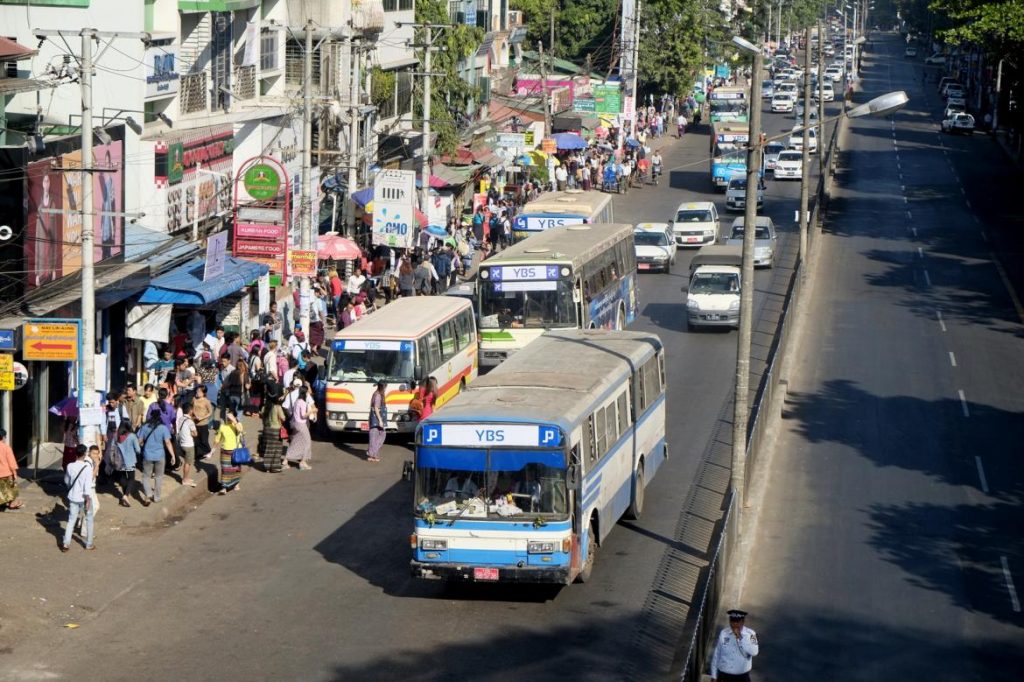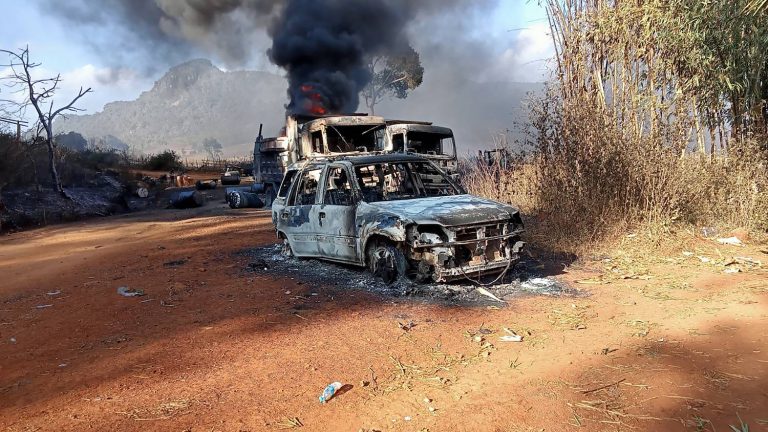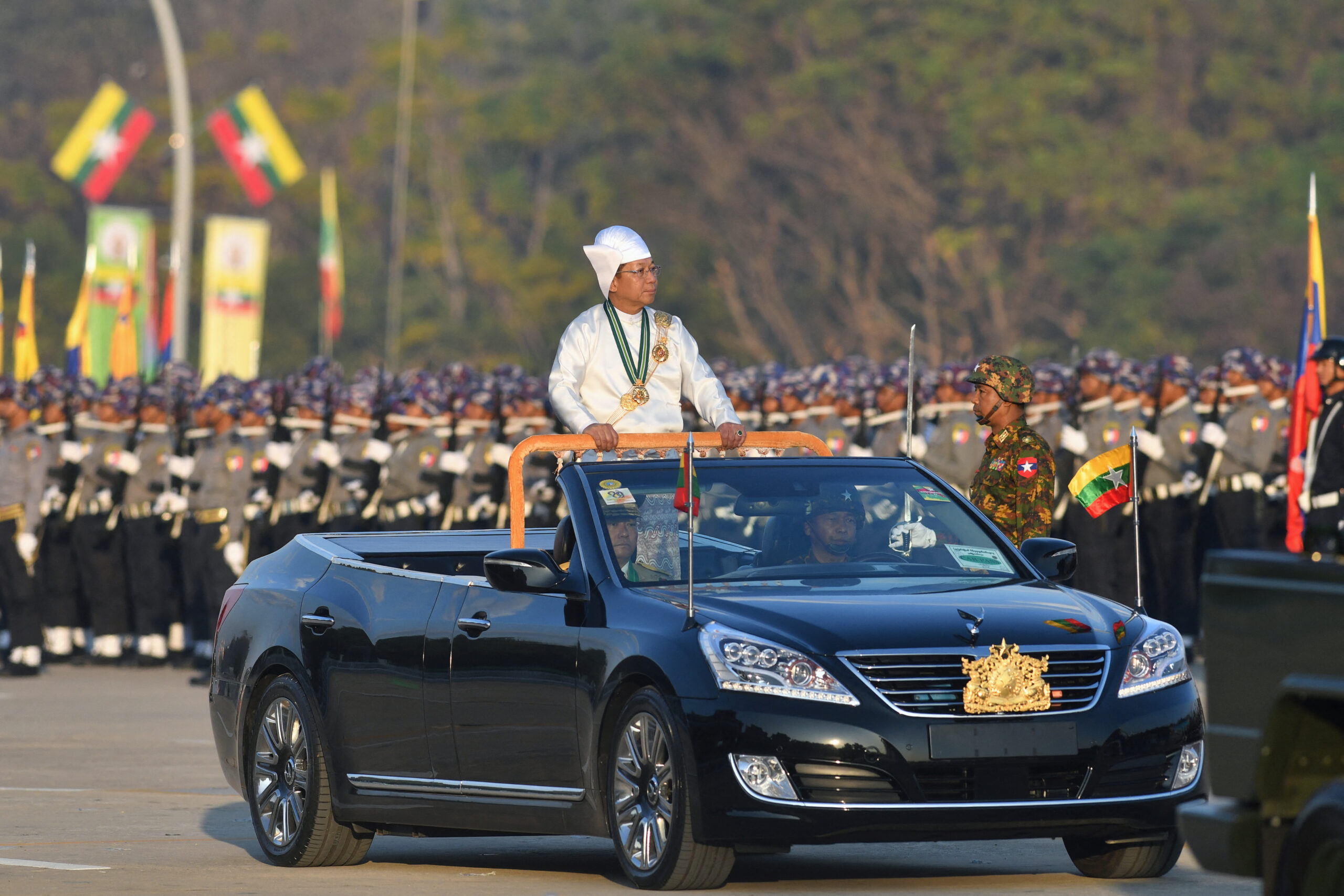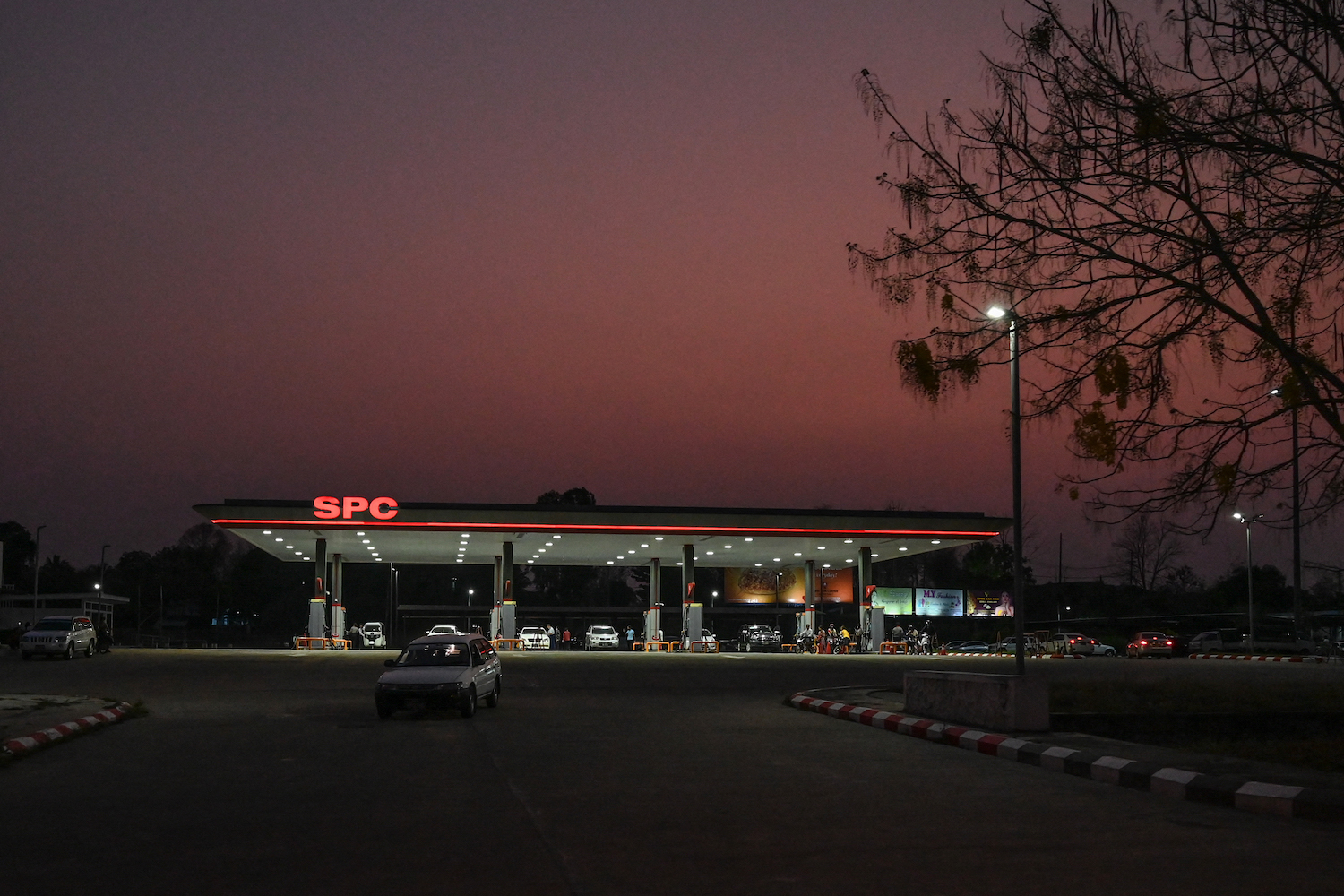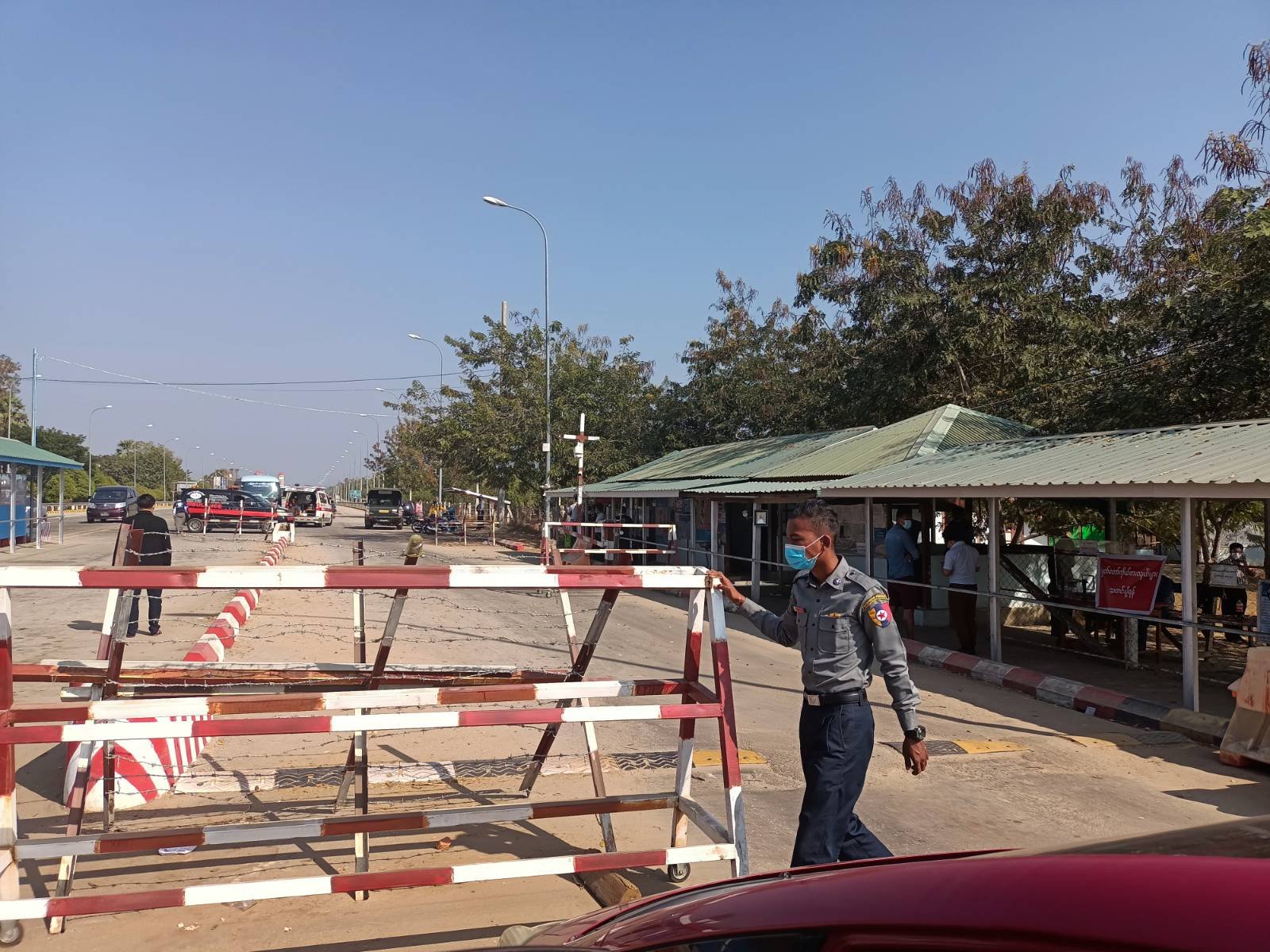By HEIN KO SOE | FRONTIER
YANGON — Commuters have been dogged by traffic gridlock and long delays as a regional government overhaul of the Yangon passenger bus network took effect on Monday morning.
A redrawing of the network has rationalised around 335 bus lines into 70 routes, while a ban on driver commission payments and a mandated upgrade of the city’s ageing bus fleets have been introduced to reduce overcrowding and improve safety.
Despite a 300 kyat cap on ticket costs and a government threat of legal action against profiteering bus companies, numerous passengers making their way into town on Monday complained they were paying more than double their previous fares.
“Before this system we spent 300 Kyats to go to Mingalardon, but today I paid 700 kyats,” said Ma Than Than Aye, who commuted from the northern outskirts of the city to downtown on Monday morning.
Support more independent journalism like this. Sign up to be a Frontier member.
Others complained of long waits amid a shortage of available buses, as travellers scrambled to acquaint themselves with the new routes.
“I didn’t get the bus at right time,” said Ma Nyein Nyein, a bank teller commuting from Dagon Seikkan to her office in Myaynigone, who said the new route plan forced her to detour downtown and doubled the length of her regular commute. “I’m an hour late to the office already and had to spend more money for bus fares.”
In Mingalar Taung Nyunt, one of Yangon’s most densely populated neighbourhoods, between 50 and 70 people were queued up for downtown buses for most of the morning at the bus stop outside the former Mingalar Market.
Ma Wutyee Oo, a volunteer helping passengers navigate the new system, said she had been at the Mingalar Market stop since 5:30 in the morning to lend her assistance and explain to commuters that the various lines travelling downtown had been consolidated into the one route.
The government has rallied approximately 800 other volunteers, drawn from various township offices of the National League for Democracy, to man some of the more than 2000 bus stops in the metropolitan bus network.

A volunteer offers commuters advice as Yangon’s bus network overhaul begins on Monday. (Theint Mon Soe — J / Frontier)
The bus line overhaul is being managed by the Yangon Region Transport Authority, established by the Yangon Region government last year to replace the Central Supervisory Committee for Motor Vehicles, which ceased operations on Sunday.
The measure is one of several initiatives designed to ease Yangon’s chronic traffic congestion, exacerbated in recent years by the relaxation of automotive import rules.
A controversial decision to ban street vendors on most downtown thoroughfares, with the relocation of some operators to a night market on the southern side of Strand Road, was enacted at the end of last year in an effort to improve traffic flow in several townships.


